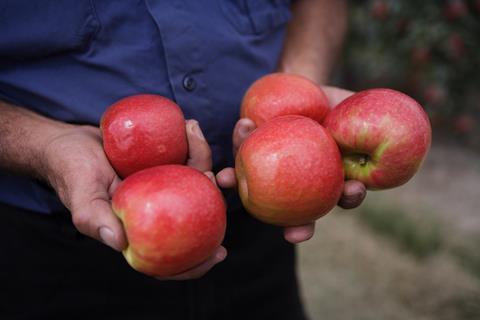Plan includes four new strategic pillars to support actionable steps towards sustainable growth
Apal, Australia’s industry body for the apple and pear industries, has shared its latest industry strategy for the years 2025-2030.

The plan is the second instalment of the industry-wide strategy which was first established by APAL in 2018. It was developed in collaboration with the Apal board, growers, partners and key industry stakeholders.
“The first step in crafting the new strategy involved reflecting on the previous five-year plan and conducting a thorough analysis of the industry’s current challenges,” Apal CEO Phil Turnbull said. “It quickly became evident that several deep-rooted issues persist, many of which were identified in the 2018 strategy and continue to threaten the industry’s long-term sustainability and profitability.”
High production costs, over-reliance on the domestic market and inconsistent strategies with plantings and planning were just a few of the key factors identified.
“Despite these challenges, clear opportunities for progress were also identified and celebrated as part of the strategy development process,” Turnbaull said.
Australia’s population is increasing and, if per capita consumption remains steady, Apal expects demand could follow the same trend with added interest for premium varieties.
“The industry’s understanding of this variety mix has never been better, thanks to the exemplary access to data and insights, which will become increasingly crucial in informing future plans for plantings and decision-making in orchard businesses,” Turbull said.
“With this, a better understanding of the data to uncover export opportunities for Pink Lady and other branded apple varieties will be imperative in helping balance domestic supply and alleviate some of that reliance on the local domestic market.
The new strategy includes four strategic pillars – Drive profit, Grow markets, Provide insights and Build capability – and aims to set out clear, actionable steps to ensure sustainable growth, development and a prosperous future for growers.
“Growers, packers, industry leaders, retailers, government agencies and supply chain partners must actively contribute to driving this strategy forward,” Turnbull said. “By working together, making informed choices and staying adaptable, our collective commitment to continuous improvement will help secure a strong future for Australian apples and pears.”



